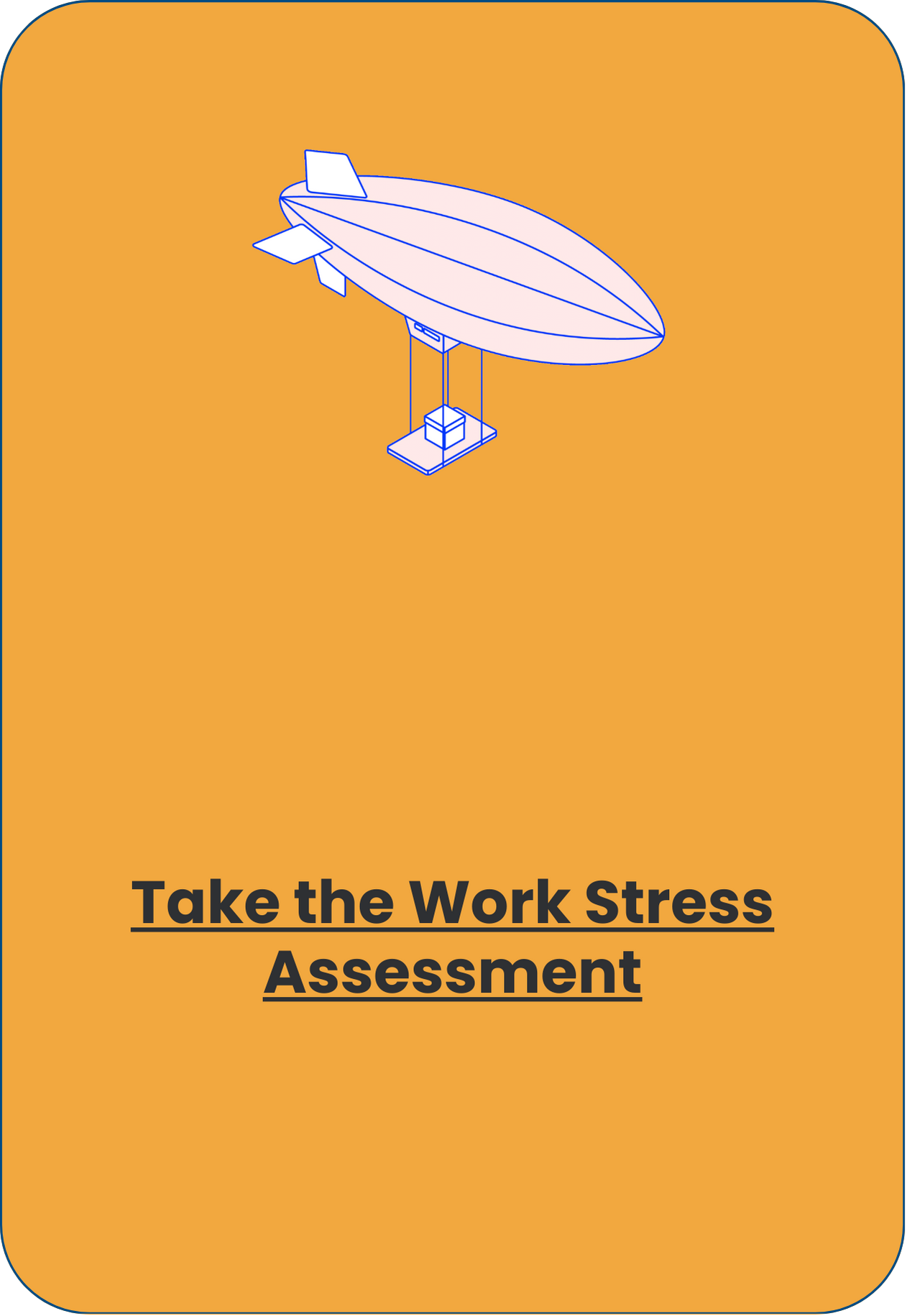Work Stress Therapist Houston
Recognizing the Signs and Symptoms of Work Stress and Burnout
Work stress and burnout can often sneak up on you, gradually intensifying until they become overwhelming. Understanding the signs and symptoms is crucial to identifying when you need help. Here are some common indicators:
Physical Symptoms:
• Chronic Fatigue: Feeling constantly tired, even after a full night’s sleep.
• Headaches and Migraines: Frequent headaches or migraines that seem to be triggered by stress.
• Muscle Tension: Persistent muscle aches, particularly in the neck, shoulders, and back.
• Digestive Issues: Problems such as stomachaches, nausea, or changes in appetite.
• Sleep Disturbances: Difficulty falling or staying asleep, or waking up feeling unrested.
Emotional Symptoms:
• Irritability and Anger: A shorter temper than usual, feeling easily frustrated or angry.
• Anxiety and Worry: Constantly feeling on edge or excessively worried about work-related issues.
• Depression: Feelings of hopelessness, sadness, or a lack of interest in things that used to bring you joy.
• Detachment: Emotional numbness or a sense of being disconnected from your work, colleagues, or even your personal life.
Cognitive Symptoms:
• Difficulty Concentrating: Struggling to focus on tasks or make decisions.
• Memory Problems: Forgetting important details or appointments.
• Decreased Productivity: A noticeable drop in your ability to complete work tasks efficiently.
• Negative Thinking: A pattern of pessimistic thoughts, often about your abilities, your job, or the future.
Behavioral Symptoms:
• Procrastination: Putting off tasks more than usual, leading to missed deadlines and increased stress.
• Social Withdrawal: Pulling away from colleagues, friends, and family, preferring to be alone.
• Increased Absenteeism: Taking more sick days or finding reasons to avoid work.
• Substance Use: Turning to alcohol, drugs, or other unhealthy coping mechanisms to manage stress.
How I Can Help:
When you’re caught in the cycle of work stress and burnout, it can feel like there’s no way out. But you don’t have to face it alone. My therapy services are designed to help you break free from the grips of burnout and reclaim your life.
Comprehensive Assessment
I start with a thorough assessment to understand the unique challenges you’re facing. This involves exploring your work environment, personal stressors, and any past experiences that might be contributing to your current situation. By getting a complete picture, I can tailor the therapy to meet your specific needs.
Personalized Treatment Plan
Based on the assessment, I develop a personalized treatment plan that focuses on both immediate relief and long-term resilience. This plan will include a combination of therapeutic techniques, practical strategies, and lifestyle adjustments designed to help you manage stress and prevent future burnout.
Ongoing Support
Burnout recovery isn’t a one-time fix—it’s a journey. I’m committed to providing ongoing support as you navigate this process. Whether you need regular therapy sessions, check-ins, or just someone to talk to during a particularly tough time, I’m here for you every step of the way.
I understand that work stress and burnout are not just “part of the job” or something to be ignored. They’re serious issues that can have lasting impacts on your health, happiness, and overall quality of life. My approach is holistic, addressing the emotional, cognitive, and physical aspects of burnout.
By working with me, you’re choosing a path to recovery that’s rooted in compassion, understanding, and real-world experience. I’m dedicated to helping you not only recover from burnout but also thrive in your career and personal life.
Ready to Begin Your Recovery?
If you’re experiencing any of the signs and symptoms of work stress or burnout, it’s time to take action. Don’t wait until things get worse. Reach out today to schedule an appointment and start your journey toward recovery. Together, we can work to restore balance in your life and help you regain control over your well-being.
Remember, it’s okay to ask for help. You deserve to feel better, and I’m here to guide you on your path to recovery.




